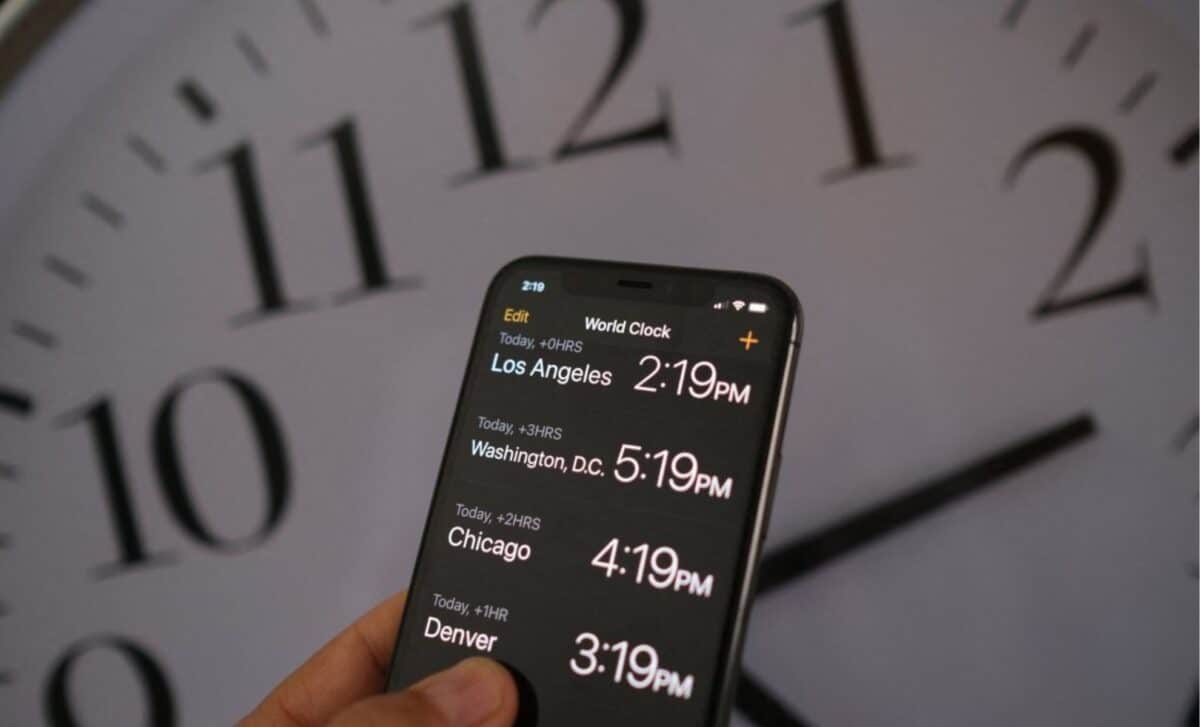Every year, millions of Americans adjust their clocks for daylight saving time (DST), a practice that has sparked ongoing debate about its relevance and impact.
Originally introduced to conserve energy and make better use of daylight, DST has come under scrutiny as studies question its effectiveness in the modern world.
The Origins and Purpose of Daylight Saving Time
Daylight saving time was first implemented in the United States during World War I as a strategy to reduce energy consumption.
The idea was that shifting the clocks forward in the spring would provide more daylight during active hours, reducing the need for artificial lighting and energy use.
In 1966, the Uniform Time Act standardized its application across the country, ensuring consistency in when clocks would be changed.
Despite its original intent, the effectiveness of DST has been increasingly questioned. Research suggests that energy savings are minimal, while the disruption to sleep patterns and potential health risks are more significant.
A 2021 survey found that 75% of Americans opposed the biannual clock changes, though opinions were divided between preferring permanent daylight saving time and maintaining standard time year-round.
States Advocating for Change
Over the past six years, at least 20 states have introduced legislation to alter how daylight saving time is applied. Some states aim to keep DST in place throughout the year, while others want to eliminate it altogether.
However, without congressional approval, no state can implement these changes independently.
Among the states that have passed laws in favor of permanent daylight saving time—pending federal approval—are:
- Oregon, Washington, Idaho, Montana, Wyoming, Utah, Colorado
- Tennessee, Louisiana, Alabama, Maine, Florida, South Carolina, Oklahoma
- Minnesota, Illinois, Ohio, Kentucky, Mississippi, Georgia
Meanwhile, Hawaii and most of Arizona do not observe DST. In Hawaii, the tropical climate provides consistent sunlight throughout the year, making the time change unnecessary.
Arizona opted out in 1968 to prevent prolonged high temperatures in the afternoon. However, the Navajo Nation, which spans parts of Arizona, Utah, and New Mexico, continues to observe DST for consistency within its communities.
The Potential for Permanent Daylight Saving Time
The debate over daylight saving time has reached Congress multiple times. In 2023, the Sunshine Protection Act was reintroduced, aiming to establish permanent DST and eliminate biannual clock changes.
The idea gained support in 2019 when President Donald Trump backed the proposal. However, the legislation has yet to be passed, meaning that Americans will still move their clocks forward on March 9, 2024.









